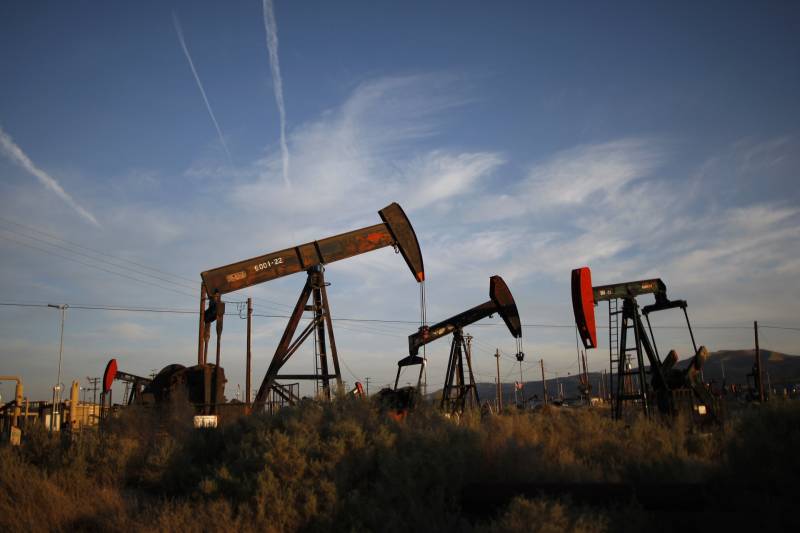Two state lawmakers unveiled a proposal Wednesday that would gradually bring to a halt drilling methods that have produced about a fourth of California’s petroleum production in its oil fields.
The bill, authored by state Sens. Scott Wiener, D-San Francisco, and Monique Limón, D-Santa Barbara, would prohibit new permits for hydraulic fracturing, known as fracking, and block companies from renewing existing permits for the controversial technique.
The proposal would do the same for several other oil production methods, but not for traditional oil and gas drilling, which is responsible for most petroleum production in California.
The techniques subject to the moratorium would be barred altogether starting in 2027.
“It is time that California’s leaders take on the state’s behemoth oil industry,” Ann Alexander, a senior attorney at the Natural Resources Defense Council, said in a statement announcing the proposal along with the two state lawmakers.

